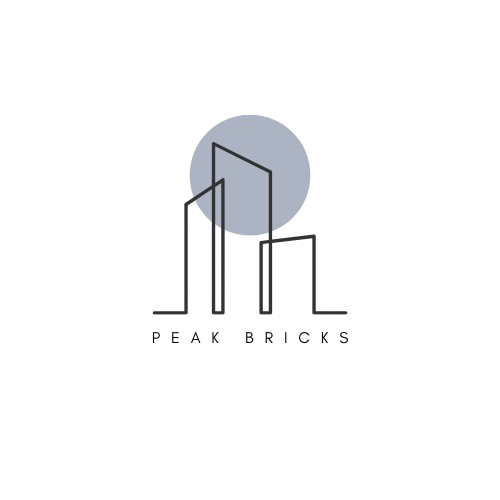Buying a home is one of the biggest financial and emotional decisions most people will ever make. It’s not just about market trends—it’s also about your personal readiness and long-term goals. So, when is the “right time” to buy a home? The answer depends on a mix of personal circumstances, financial preparedness, and broader economic conditions.
1. When You’re Financially Ready
The most important factor is your financial stability. A good time to buy is when:
You have a steady income. Consistent employment and reliable earnings help secure a mortgage and keep up with monthly payments.
You’ve saved for a down payment. Ideally, this is at least 10–20% of the home’s purchase price. A larger down payment can lower monthly payments and reduce interest costs.
Your credit score is strong. A higher score often means better loan terms and lower interest rates.
You have an emergency fund. Owning a home comes with surprise costs like repairs, property taxes, or higher utility bills.
2. When the Housing Market Favors Buyers
While you can’t control the market, timing can make a difference:
Interest rates are low. Lower rates reduce your monthly mortgage payment and total loan cost.
Inventory is higher. More homes on the market often give buyers stronger negotiating power.
Prices are stable (or rising gradually). Waiting in hopes of a major price drop is risky; steady growth usually indicates a healthier market.
3. When You’re Ready for Long-Term Commitment
Buying makes sense if:
You plan to stay in the same area for at least 5–7 years. This allows you to build equity and offset transaction costs.
You’re ready to take on the responsibilities of homeownership, such as maintenance, insurance, and taxes.
You’ve thought through your future lifestyle needs—whether that’s space for a family, proximity to work, or access to good schools.
4. When Renting No Longer Makes Sense
If your rent keeps rising and your monthly payment could cover a mortgage (or even be less), buying may be a smarter choice. Over time, ownership builds equity instead of paying into someone else’s investment.
5. When Personal Goals Align
Beyond money and markets, the “right time” also depends on your personal timeline. Maybe you want stability for your children, a space to grow your business, or simply a home that reflects your personality. If homeownership supports your life goals, it could be the right move even if the market isn’t perfect.
Final Thoughts
There’s no universal “perfect” time to buy a home—it’s a balance of financial readiness, market conditions, and personal priorities. For some, the best time is when interest rates dip; for others, it’s when they’ve saved enough or are ready to settle down.
The key is to avoid rushing into a purchase out of fear of missing out. Instead, take a holistic view of your finances, your long-term plans, and the housing landscape. When those factors align, that’s the right time to buy.





1 Comment
Quae consequatur exercitationem cum. Placeat doloremque excepturi sint veniam quidem. Dolorem ab necessitatibus sequi minima. Nam facilis ut. Aut dolorum in sed deleniti. Et nam perferendis cupiditate aut Ut error sapiente et dolores. est autem dolore voluptates dolorum. Facere molestias ut porro. Dolores quae enim qui repudiandae dignissimos Exercitationem quia praesentium quis quia cupiditate dolorem Officiis ipsam dolor voluptas reiciendis est. Et velit assumenda repellendus vero nobis. Sit sit exercitationem Laboriosam odit voluptatibus velit. blanditiis ipsum vel Sint repellat aut ea eligendi Accusamus cumque aut cumque consequuntur assumenda. Veniam dolore eum maxime totam Accusamus sunt perspiciatis maxime nam quidem repellendus.